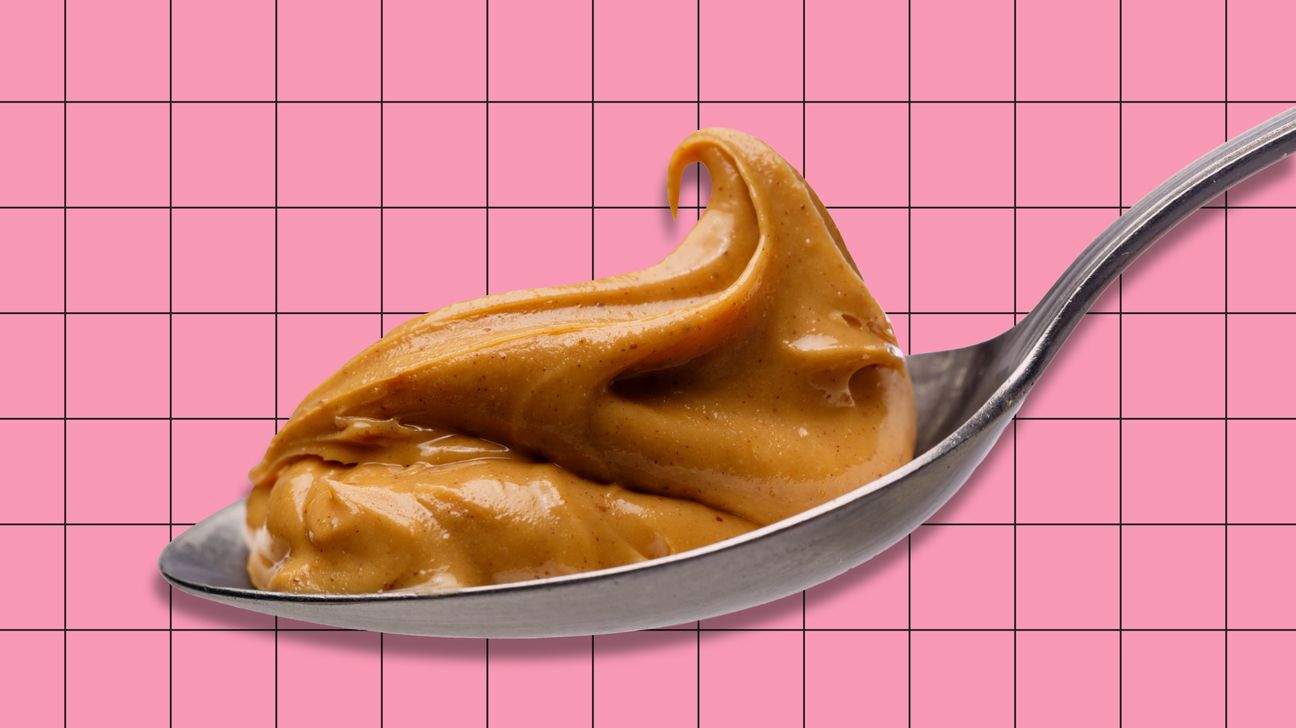There are lots of ways to gain weight. Maybe you skipped the gym for a month (or a few) or overindulged in cookies… no judgement. But there’s a chance your extra poundage is hormonal.
Here’s how cortisol — a vital stress hormone — can affect your weight, along with ways to keep your levels in check.

Cortisol is produced in your adrenal glands and regulated by your hypothalamus and pituitary gland. Your levels go up when you’re stressed out which helps your body prep for a potentially dangerous situation.
In addition to directing your fight-or-flight response, cortisol also helps:
- regulate metabolism
- increase blood sugar
- reduce inflammation
Occasional spikes in cortisol levels prob won’t lead to any long-term issues. But according to a research review, chronically high levels can cause side effects like:
- fatigue
- irritability
- flushed face
- thinning skin
- mood changes
- insulin resistance
- high blood pressure
- difficulty concentrating
High cortisol levels can also lead to weight gain… maybe. Here’s what happens.
Hormonal munchies
Emotional eating is common during times of increased stress. There’s also a chance high levels of cortisol can make you hella hungry.
TBH, more research is needed to prove the exact link between cortisol and weight gain. But there is some research that connects the dots.
One small 2001 study found a link between elevated cortisol levels and increased appetite. A 2004 study connected cortisol to higher amounts of belly fat.
Low levels may cause weight loss
Low cortisol levels can cause weight loss and other symptoms like:
- nausea
- fatigue
- vomiting
- dizziness
- salt cravings
- abdominal pain
- low blood sugar
- decreased appetite
- bone or muscle pain
Underlying conditions
According to a 2011 research review, Addison’s disease prevents normal cortisol production. Meanwhile, chronic high levels of cortisol might be a sign of Cushing’s syndrome, according to another research review.
Here are some great ways to manage your cortisol levels and weight.
Move it, move it
A research review showed that working out burns calories and can help you shed fat (obvi). But one study showed that it can also lower cortisol levels and make you more resilient to stressors.
Bonus: A 2013 research review showed that exercise increases happy chemicals (e.g., endorphins), which can alleviate stress. Woot!
FYI: You don’t have to be a gym rat to get great results. Even a 30-minute walk can do the trick. You can also opt for online classes or a fitness app.
Practice mindful eating
Mindful eating (aka intuitive eating) links feelings with food. This can help you develop a healthier relationship with your nom noms. It might even help you maintain a healthy weight — a cross-sectional analysis found that peeps who practiced intuitive eating had a lower body weight.
Here are some mindful eating tips:
- Note your stress triggers.
- Eat slowly and savor every bite.
- Look out for cues like fullness, taste, hunger, and texture.
- Get rid of distractions when you eat (this helps you enjoy your food).
Meditate
Meditation is a proven way to reduce stress. It can also help you redirect your thoughts when you wanna go to town on an entire family-size bag of Cheetos (no shame).
Some common forms of meditation include:
- mantra
- spiritual
- movement
- transcendental
It doesn’t really matter what kind of meditation is your fave. Any kind can help you reduce cortisol levels and improve your sleep quality.
Cortisol is a vital stress hormone that helps your body stay on fleek in various ways. Slight changes in your cortisol levels are totally normal. But if it becomes chronic, it can lead to weight gain and other health issues.

